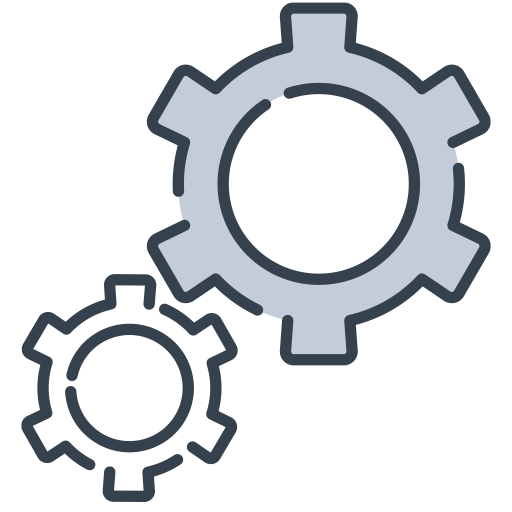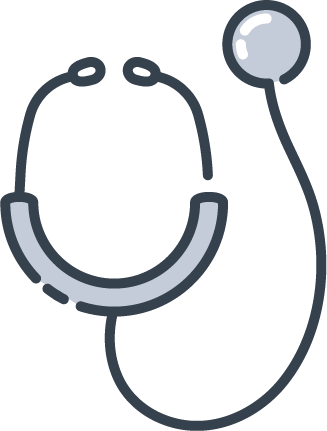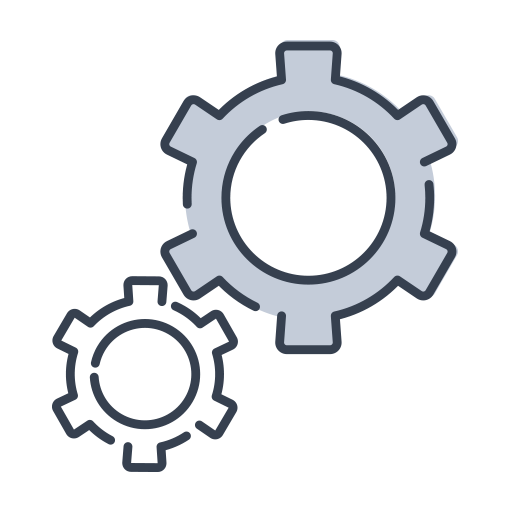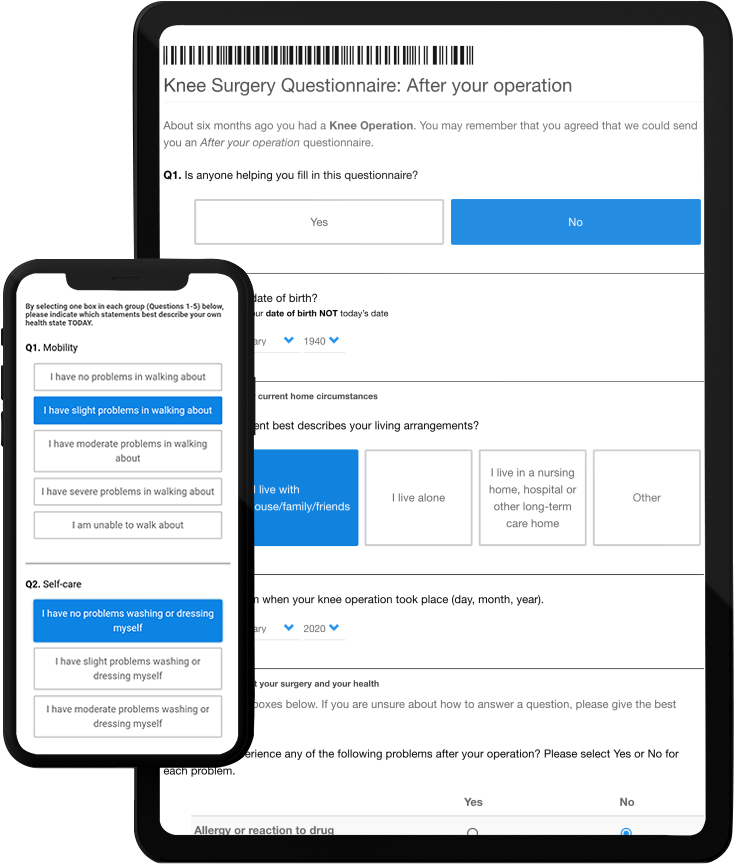Hospital
Optimising referral management and PROMs at RNOH
The Royal National Orthopaedic Hospital (RNOH) is a globally renowned institution ranked 9th worldwide in orthopaedic care. As the largest orthopaedic hospital in the UK and a key referral centre for highly complex musculoskeletal conditions, RNOH faced challenges in managing a substantial patient influx with their legacy referral processes. Furthermore, as a specialised centre, they struggled to showcase patient outcomes from their complex and innovative interventions. To address these issues, RNOH sought a groundbreaking solution, and Pathpoint delivered transformative results. Pathpoint redefined care delivery at RNOH by establishing a centralised system for referral management and Patient Reported Outcomes Measures (PROMs) tracking. This digital transformation solution led to a more efficient and effective care model, increased patient and staff satisfaction, and significant cost savings for RNOH.
Challenges
20,000 referrals per year
Extremely complex cases
Multiple non-communicating electronic systems
Inefficient paper-based system
Lack of standardised triage
Difficulty collecting patient outcome data
Time-consuming processes for research and validation of complex and/or innovative interventions
The new Pathpoint referral platform will be a huge benefit to our patients – and staff. We’re continually seeking ways to improve the patient experience at the RNOH and a key part of that is sourcing new and improved systems that allow us to respond better and quicker. Pathpoint will allow us to streamline and manage referrals and utilise Patient Reported Outcome Measures. The end result will not only be a better patient experience, but a better staff experience too.
Dr. Lila Dinner
Deputy Chief Executive & Chief Medical Officer/CCIO Royal National Orthopaedic Hospital Trust
Implementation process
Partnered closely with the team at RNOH, from clinical staff to managers
Ensured the platform offered essential functionalities and integrations to empower clinicians to deliver the best possible patient care
Utilised a user-centred design process, catering to end-user requirements
Tailored the platform to each specialty, addressing specific needs with an intuitive interface
Enabling post-implementation iterations to adhere to changing requirements
24/7 support provided for uninterrupted service usage
Pathpoint Outcomes and Referral Management:
Pathpoint Outcomes offers a comprehensive and streamlined digital workflow for PROM scoring. These surveys assess various aspects of patients’ health, symptoms, functioning, and quality of life, providing valuable insights into their medical treatment journeys. PROMs play a pivotal role in promoting shared decision-making, fostering improvements in population health, and empowering patients to actively participate in their care journey. And Pathpoint Referral Management optimises how patients enter their pathway, ensuring patients receive the right care at the right time in the right place.
Implemented across 15 subspecialties and more than 50 pathways
Referrals effectively captured from multiple sources on a single platform
Integrated with existing hospital systems Automated digital PROMs with questionnaires, scored responses, and continuous monitoring
Complexity-associated PROMs research and validation
Integration of mental and physical health outcomes
Real-time, granular, clinically-coded data capture Individualised outcome-based data-driven care
Prioritises, triggers, and automates pathways
Live data dashboards to assist with research, audits and future service planning
We have seen an instant saving in resources as we have stopped printing out and collating multiple documents across the Trust, drastically reducing paper usage. Moreover, the referral system can be a two way communication system. For example, some of my colleagues in other departments have used that function to communicate back and forth with the original referrer to request more information and to give treatment advice. That’s a complete change in the way referrals work, and it’s an additional feature we wouldn’t have previously had and would have required an email or phone call. Now it’s all on one system in one place, with clear documentation of what’s happening as it’s all recorded.
Mr. David Butt
Consultant Orthopaedic Surgeon – Royal National Orthopaedic Hospital Trust
The granularity of data captured with Pathpoint Outcomes
Figure 1. Correlation of original EQ-5D Index score with subsequent need for ongoing Psychiatry input.
As part of the PROMS project, Psychiatric PROMS were automatically triggered where a patient demonstrated evidence of anxiety or depression on EQ5D baseline PROM. Based on subsequent Mental Health Specific PROM, further Psychiatry input was provided where required. A direct correlation was observed between original EQ5D Index score and requirement of Psychiatry input, further providing evidence of the complex interplay between physical and mental health conditions.
Figure 2. Patient scoring based on EuroQuol-5 Dimension-5 Level (EQ-5D-5L) scoring. EQ-5D index before and after intervention.
Key improvements
Pathpoint Outcomes and Referral Management optimised RNOH’s processes, resulting in substantial performance improvements. This transformation led to significant increases in both patient and staff satisfaction, enhanced patient engagement, and notable cost savings.

Process optimisation and performance improvement
Cost savings

Enhanced patient-centric outcomes based on value

Exceptional user experience
Complaints reduced from 7 per day to <1 per month
>70% digital PROMs patient response rate
80% of staff prefer Pathpoint Outcomes over the previous system
Achieved £135,356 in savings
41 PROMs live, far exceeding the nationally mandated 2
Mean referral to triage time <72h - earlier prioritisation, improved outcomes
Figure 3. Digital PROMs patient response rate
This exciting project that the Royal National Orthopaedic Hospital has embarked on will shape the way that we enhance the care we deliver to our patients. We partnered with Open Medical to develop and implement a solution that will improve our processes, align with our strategy, and future-proof our digital approach. The team at Open Medical will be training over 400 members of staff in the next few months and has been extremely engaging and supportive, and it’s great to see the enthusiasm for digital transformation translating and delivering improved processes for our patients and staff.
Stephanie O’Neill
S P A C E D Project Manager and MSK Physiotherapy Lead – Royal National Orthopaedic Hospital Trust
Winner of 2023 ABHI Awards
Innovation in HealthTech: Recognising Excellence



















